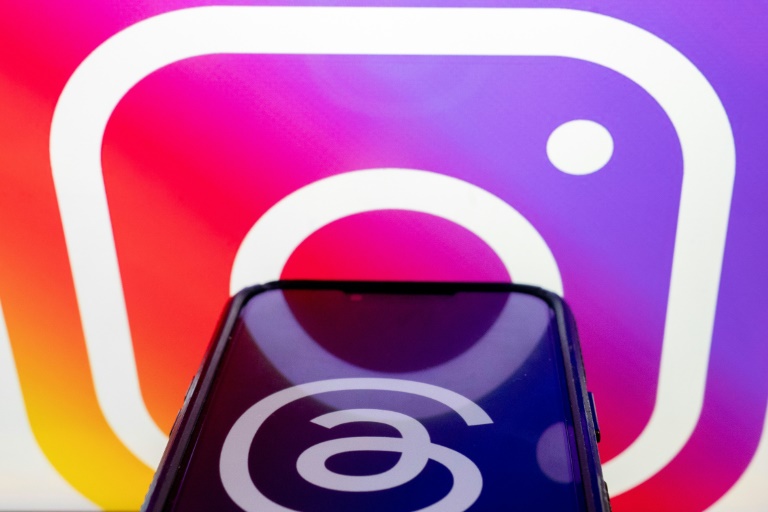Meta, the parent company of Instagram and Threads, has made a significant change in its approach to political content on its platforms. This shift comes as social media platforms grapple with the spread of political discourse and misinformation.
AFP
Meta executive Adam Mosseri announced the decision, revealing a departure from actively recommending political content from accounts that users do not follow. The company aims to preserve user choice in engaging with political content while avoiding the proactive amplification of such material to a broader audience.
“People have told us they want to see less political content, so we have spent the last few years refining our approach on Facebook to reduce the amount of political content – including from politicians’ accounts – you see in Feed, Reels, Watch, Groups You Should Join, and Pages You May Like,” the company affirms in a post on its Transparency Center site.
While initially taken as a measure to restrict the spread of misleading or inflammatory political content, Meta’s policy shift has raised concerns and questions within the online community. Critics have expressed their concerns regarding the lack of clarity and transparency surrounding the definition of “political content” and the criteria used to regulate its recommendation.
Judd Legum, author of the independent Popular Information newsletter, shared his apprehension over the absence of a clear definition, emphasizing the potential for ambiguity and inconsistency in enforcement. This sentiment was reiterated by others, including billionaire Mark Cuban, who emphasized the challenge of outlining what constitutes political content in a diverse and dynamic online landscape.
Meta’s decision to confine the visibility of political content also raises questions about the broader implications for public discourse and democratic engagement. Critics note that while mitigating the spread of misinformation is crucial, restricting access to political content may inadvertently silence important conversations on social issues, governance, and civic participation.
Moreover, concerns have been raised regarding the possible impact on marginalized communities and social justice movements, including LGBTQ rights and climate change. Questions linger regarding topics such as tech regulation, healthcare, and social justice under the umbrella of “political content.”
Meta’s vague statement, mentioning topics related to government, elections, and social issues, has failed to provide enough clarity on the matter. The lack of engagement from Meta executives, including Mosseri, has instigated frustration and skepticism among users and observers.
Furthermore, Meta’s decision to deprioritize political content stands in contrast to its continued acceptance of paid political advertisements. Data from Meta’s Ad Library discloses huge revenue generated from political and social issues ad spending, raising questions about the company’s commitment to political neutrality and transparency.
Instagram
Social networks
Mark zuckerberg
2024-02-15 13:00:05
Original from www.ibtimes.com
